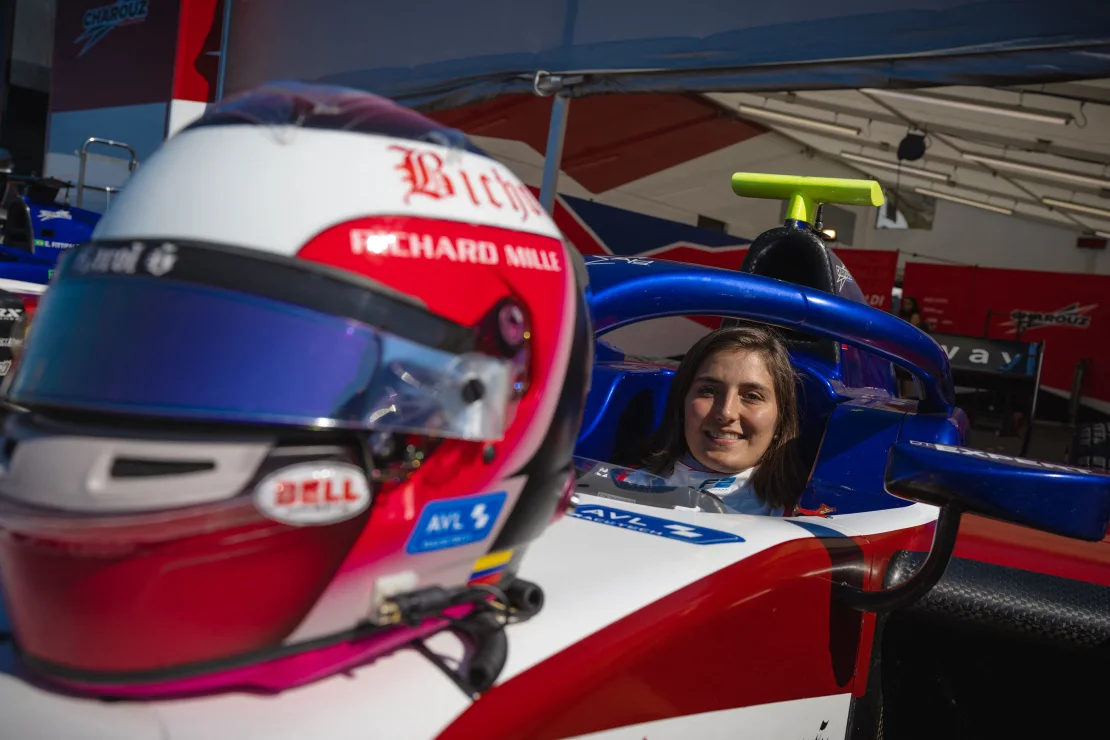Pioneering Equality: Formula Equal’s Vision for a 50/50 Gender Ratio F1 Team
Craig Pollock, renowned for founding and leading British American Racing (BAR), is now unveiling his groundbreaking endeavor, Formula Equal, aiming to establish the first Formula One team with an equal gender split—50% male and 50% female. In an exclusive interview with CNN Sport, Pollock sheds light on his vision and the ambitious plan to transform the dynamics of F1.

The core principle of Formula Equal extends beyond placing women in F1 cars; it seeks an even distribution of genders across the entire team, spanning from the driver’s seat to engineers and the boardroom. Pollock emphasizes, “Our ambition is to deliver and build opportunities and pathways for women to get to the very top level inside motorsports.”
Launching a Formula One team with a 50/50 gender ratio is an unprecedented challenge, especially within the existing F1 landscape. Pollock acknowledges the complexity of this endeavor but emphasizes that starting afresh offers a cleaner slate for implementing such a vision.
If Formula Equal’s application proves successful, the team could make its debut in 2026, marking a significant stride in addressing gender diversity within a sport historically criticized for its lack of inclusivity.
Recent surveys, such as one conducted by the FIA in 2016, underscore the gender disparity in motorsport. Formula Equal aligns with the FIA’s Women in Motorsport commission, which strives to enhance female participation both on and off the track through events, initiatives, and educational programs.
Pollock stresses the need to nurture talent through academy systems, acknowledging the current shortage of women trained to the level required for Formula One. Formula Equal aims to bridge this gap by fostering opportunities for women in motorsports.
With the FIA opening applications for new F1 teams, Formula Equal has entered the selection process. The FIA evaluates aspects such as detailed business plans, team experience, technical capabilities, resources, and funding potential. Pollock, drawing on his extensive experience, acknowledges the substantial financial investment needed to launch a team, citing estimates from Mercedes boss Toto Wolff that it could cost around $1 billion.
Regarding funding, Pollock hints at ongoing discussions with a Gulf area country, refraining from divulging details but expressing optimism about the venture’s viability. Speculation suggests Saudi Arabia as a potential backer, given the country’s growing involvement in F1. Sattam Al-Hozami, CEO of the Saudi Arabia Motor Federation, expresses support for any entity aiming to launch a new F1 team.
However, Saudi Arabia’s human rights record has drawn scrutiny, with concerns raised by Lewis Hamilton and human rights groups. Pollock emphasizes the importance of his team focusing on fostering opportunities for women while acknowledging the need for careful consideration in navigating collaborations with countries like Saudi Arabia.
Formula Equal’s potential establishment outside of Europe would mark a historical shift in F1’s geographical landscape. Pollock envisions building the team from the ground up in a Gulf state, presenting a long-term project focused on equality, diversity, inclusion, and sustainability.
As Formula Equal emerges as a trailblazing initiative in the world of motorsport, it not only aims to reshape the composition of F1 teams but also to inspire positive change in a sport that plays a pivotal global role.
